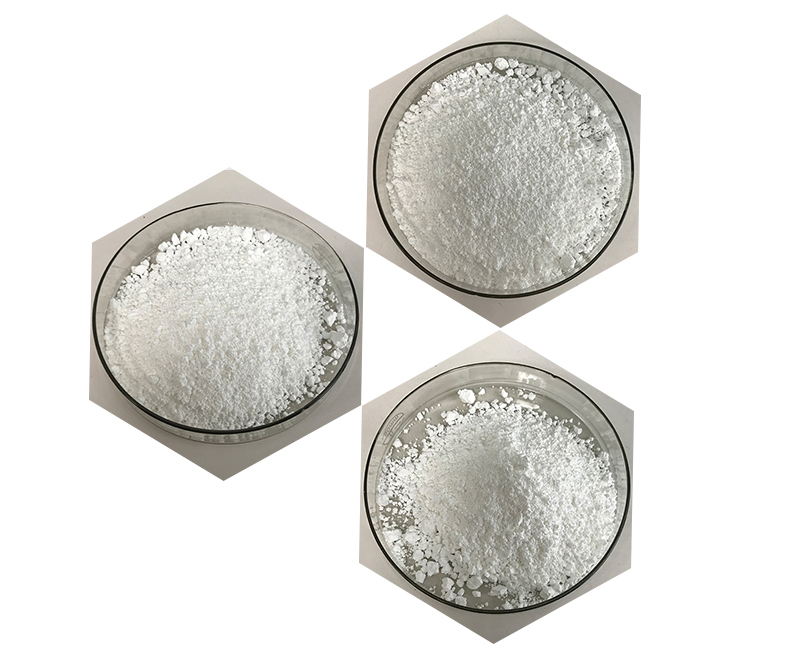Finasteride is a medication primarily used to treat conditions caused by hormonal imbalances involving dihydrotestosterone (DHT). Its pharmacological action is based on its ability to inhibit the enzyme 5-alpha reductase, specifically type II and to some extent type I isoenzymes.
Here is a detailed overview of its pharmacological action:
1. Mechanism of Action:
- 5-alpha reductase inhibition: Finasteride selectively inhibits the enzyme that converts testosterone into DHT, a potent androgen.
- Reduction of DHT levels: By blocking this conversion, finasteride decreases DHT levels in the blood and tissues, which reduces androgenic activity in target tissues like the prostate and hair follicles.

2. Pharmacological Effects:
A.In the prostate:
- DHT is a critical factor for the growth and function of prostate tissue. Finasteride reduces prostate volume, alleviating symptoms of benign prostatic hyperplasia (BPH) and improving urinary flow.
B.In hair follicles:
- DHT contributes to hair follicle miniaturization in androgenetic alopecia (male-pattern baldness). Finasteride slows this process, leading to reduced hair loss and, in some cases, hair regrowth.
3. Therapeutic Uses:
A.Benign Prostatic Hyperplasia (BPH):
- Used in men to shrink an enlarged prostate, relieve urinary symptoms, and reduce the risk of acute urinary retention or the need for surgery.
B.Androgenetic Alopecia:
- Approved for use in men to treat male-pattern hair loss, especially on the vertex and anterior mid-scalp area.
4. Dosing:
- For BPH: 5 mg once daily.
- For androgenetic alopecia: 1 mg once daily.
5. Adverse Effects:
- Sexual dysfunction (e.g., decreased libido, erectile dysfunction, ejaculation disorders).
- Gynecomastia (breast enlargement).
- Depression or mood changes (rare but noted).
- Reduced PSA (prostate-specific antigen) levels, which can mask prostate cancer detection.

6. Precautions:
- Not recommended for use in women or children.
- Pregnant women should avoid handling crushed or broken tablets, as exposure can affect male fetal development.
Finasteride is action is specific to DHT-related pathways, making it an effective and targeted treatment for conditions linked to excessive DHT activity.
